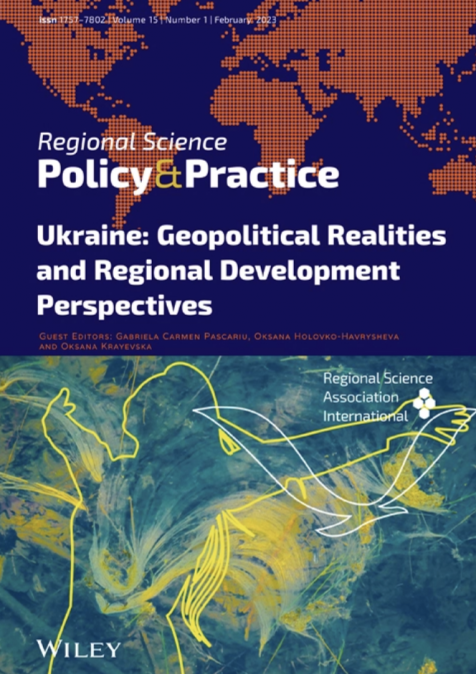Publications /
Research Paper
The aims of this article were twofold. First, to tackle the issue of convergence from an analytical point of view by presenting the mathematical developments of the main economic growth models, which emphasized that the convergence of African economies is conditional to the investment level in the early stages of physical capital accumulation. As the latter increases, the convergence of African economies is determined by other factors (investment in research and development (R&D) and human capital, etc.). Second, to verify the empirical validity of these models by confronting them with data from 33 African economies stratified by development level over the period 2004–2019. Empirical results using both spatial and nonspatial panel estimation methodology and the ‘beta-convergence’ approach pointed to three ‘convergence clubs,’ as well as a conditional convergence for all these clubs. However, the determinants of convergence among African economies differ by development level. In low-income economies, convergence is conditional to financial development and inflation level. For lower-middle-income economies, institutional quality and inflation level contribute to the convergence of this club. The convergence of uppermiddle- income economies is conditioned by public spending and human capital. In terms of policy implications, countries should develop measures that strengthen institutional reforms to improve the functioning of financial systems, democratic accountability, control of corruption, business climate, economic growth, strengthening the legal environment, and improving competition by reducing public expenditures. This paper is original insofar as it advances the field from the current state of knowledge in several ways. First, to stand out from the existing literature, we conducted a comparative analysis of the institutional quality levels across 33 African countries by developing an institutional quality index through the use of a principal component analysis (PCA) method. Second, we tested the empirical validity of the convergence hypothesis beneath economic growth theories and in the African context; moreover, it has verified the possible existence of ‘convergence clubs,’ then, it brought to light the main determinants of the convergence of these clubs.











